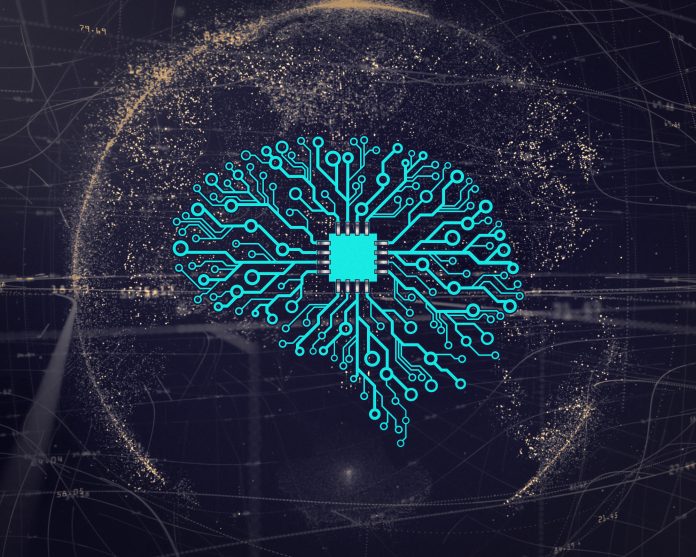The European Economic and Social Committee (EESC) is adopting a firm stance on artificial intelligence and has insisted, at a high-level conference held in Helsinki on 21 November 2019, that the digital revolution must have a human face, be inclusive and bring benefits for all Europeans.
Artificial intelligence and the digital transformation must be inclusive and generate benefits for all Europeans, including vulnerable groups. At the high-level conference on Artificial intelligence, robotics and digital services for the wellbeing of citizens, organised by the EESC in Helsinki on 21 November 2019 in cooperation with the Finnish EU Presidency and the Finnish Ministries of Social Affairs and Health and Transport and Communications, EESC members reaffirmed that people must remain at the core of new technological developments.
Ariane Rodert, president of the EESC Section for the Single Market, Production and Consumption (INT), underlined that artificial intelligence was one of the main political priorities of the EESC’s current presidency and said: “Artificial intelligence must be developed in a safe, unbiased way and, above all, must be in keeping with the values of the EU. We need to ensure that artificial intelligence and its applications promote people’s wellbeing and empowerment, with due respect for fundamental rights”.
On the same wavelength was Pierre Jean Coulon, president of the EESC Section for Transport, Energy, Infrastructure and the Information Society (TEN), who declared: “Digitalisation is everywhere: in health, transport and energy, and it affects the lives of everyone. For this reason, we need to regulate developments in this field, to make sure that everybody can contribute to and benefit from the digital economy and society. Civil society must be involved and play an important role, fighting for transparency and protecting the public”.
The event addressed the opportunities and challenges provided by digitalisation and artificial intelligence. At the top of the agenda were the impact on people’s health, robotics and cutting‑edge digital tools, as well as future steps in EU policy-making. Speakers included Mikko Koskinen, representing the Ministry of Transport and Communication, Johanna Koponen, from the Permanent Representation of Finland to the EU and MEP Miapetra Kumpula-Natri.
Healthcare and wellbeing
Digital health and care services can increase the wellbeing of millions of citizens across Europe and thoroughly improve the quality of services delivered to patients. Against the backdrop of the change brought about by the digital transformation, people must be at the centre of care. Digitalisation must help healthcare professionals, who should acquire new and suitable qualifications and digital skills, to better look after their patients.
“Digital tools must be a lever to develop new forms of organisation in health and care systems. However, they must not be misinterpreted: they are not a savings package for healthcare budgets and must not lead to staff cuts or cuts in services,” said EESC member Diego Dutto.
Digital mobility
Connected and automated mobility, in particular driverless autonomous vehicles, offers benefits for our society in terms of safety and better services. On the other hand, it also raises some concerns. That’s why, when artificial intelligence is used, the “human-in-command” principle should always be upheld: machines remain machines and people retain control over them at all time.
Education and training are key to being ready for a digital life and to learning the features, limits and risks of new technologies. “Preparation begins at school with the development of critical thinking. Specialised higher education is important, as are a broad general education and the right attitude to learning throughout our entire lives,” pointed out EESC member Ulrich Samm.
Future developments
Building trust is a priority when tackling the application of artificial intelligence technologies in our society over the next few years. The approach must remain human-centric and a sound certification system based on test procedures must be developed, enabling companies to declare that their artificial intelligence products are reliable and safe. Involving workers is essential, especially when artificial intelligence systems are introduced that are likely to alter the way work is organised, supervised and overseen.
“The evolution of artificial intelligence needs to be guided, shaped and anticipated by social and civil dialogue. All stakeholders need to be involved: policy-makers, social partners, consumers and NGOs, as well as experts and academics. It is crucial to identify and monitor disruptive developments in a timely manner,” concluded EESC member Franca Salis Madinier.

